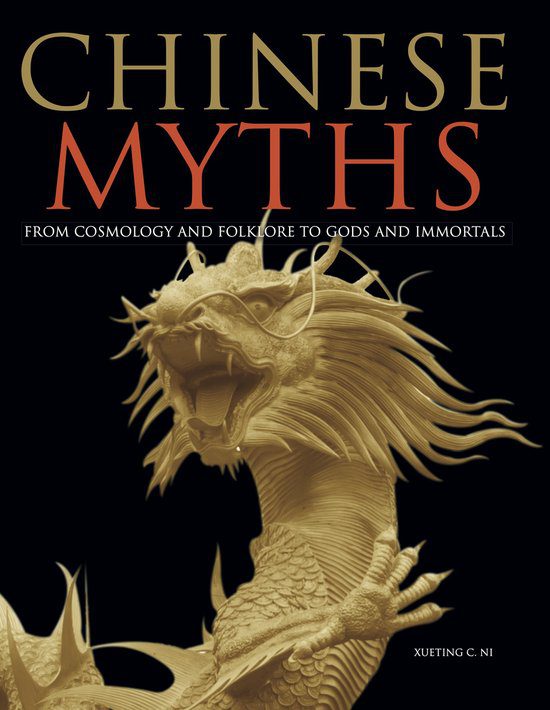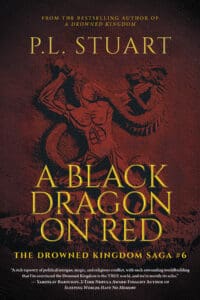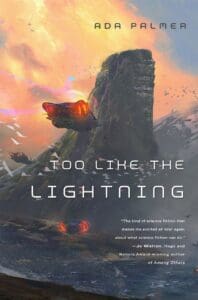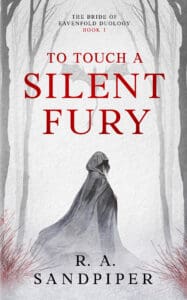
Synopsis
Xueting C. Ni has researched and presented an encyclopedia of Chinese mythology that explores myths that have been passed down over many millennia. Chinese myths are steeped in symbolism and this title provides an new accessibility to the complexities of a civilisation that stretches back more than 4000 years.
Review
I was kindly sent a galley proof of this book by Amber Books. With that said, this is an honest review.
While writing a review on a Sci-Fi and Fantasy blog about an educational book concerning Chinese mythology may seem like a daunting task, I can assure you, oh dearest reader of mine, that mythology and fantasy are as dependent on one another as thunder and lightning. What is mythology if not a way for cultures and its peoples to understand and process the world around them? Our stories carry from generation to generation so that all may learn about the world and how things came to be.
And so, here we are with Xueting C. Ni’s recent publication: Chinese Myths. What the book accomplishes is to present a dissection of cultural myths and stories to the reader so that we may understand and appreciate the stories of an ancient civilization. Notice that what I’m doing here is reviewing Chinese Myths, not reviewing Chinese myths.
Artifacts and art are set throughout for added context but Ni’s ability to showcase each subsection of mythology is a feat all in itself. Studies in Cosmology (the relationship between Yin and Yang) and Daoism, myths about creation, creatures, Gods and Immortals, heroes, monsters and ghosts, legends, and treasures are neatly packed together. It’s a literary wander through a mythological Chinese museum. Our tour guide Xueting Ni’s presentation is incredibly slick and easy to follow. There is a steady stream of respect in the telling of each myth. Ni’s own prose between the myths is knowledgeable but, crucially, inclusive. As such, this book can be enjoyed by those already familiar with Chinese mythology and those who have had no prior introduction at all.
Speaking of museums and that point, there was notable controversy from the British Museum’s take five years ago at the accessibility of Asian names for British people. An article on the controversy can be read here. Thankfully we have progressed far from such a terrible take. I’m relieved that a book such as Chinese Myths is in circulation and serves as a strong answer to any fear of struggling to understand another culture. With a mix of Chinese and English names, any difficulty in understanding has been removed.
What was so easy to understand was how familiar a number of the myths feel to that which we’re used to. Interestingly, there were times when a particular myth Ni studies reminded me of substantial works of SFF in recent times. Perhaps my best example of this was reading about Baxia, the sixth son of The Dragon King, ruler of the Seas. Baxia, the oldest turtle, who carried the eight great mountain ranges. Does that not sound awfully similar to Discworld?
The Way
As a child I had a great love for Ancient Greece and Ancient Egypt. Ancient Chinese mythology was not readily available and my hope is that will no longer be the case in years to come. With Chinese Myths ticking all the boxes an educational text should, maybe it proves that there are no cultural barriers at all when it comes to humanity telling stories.








Leave a Reply